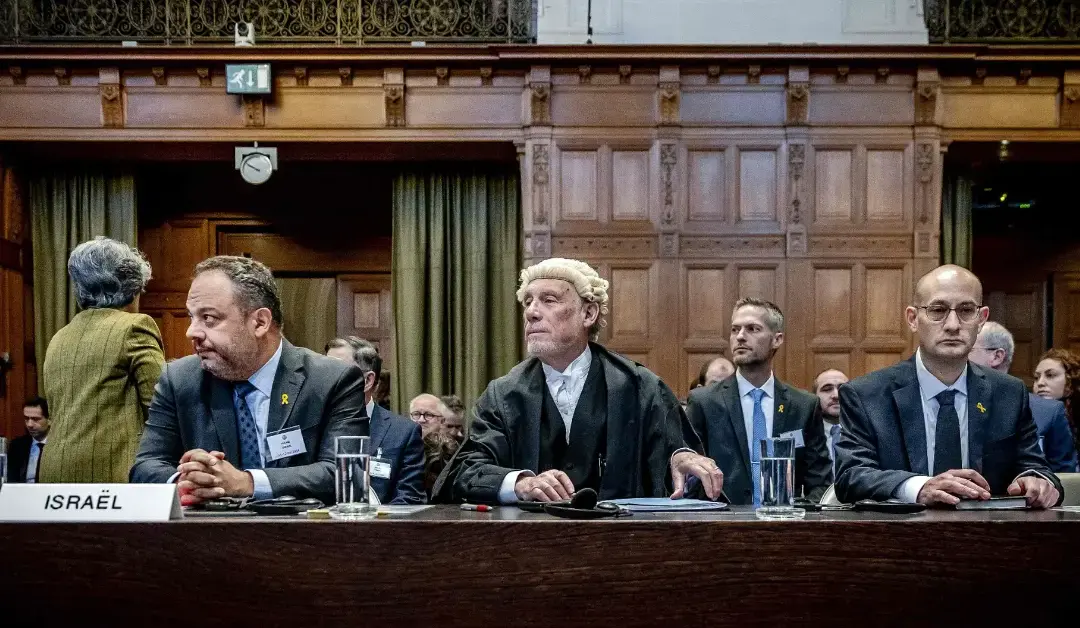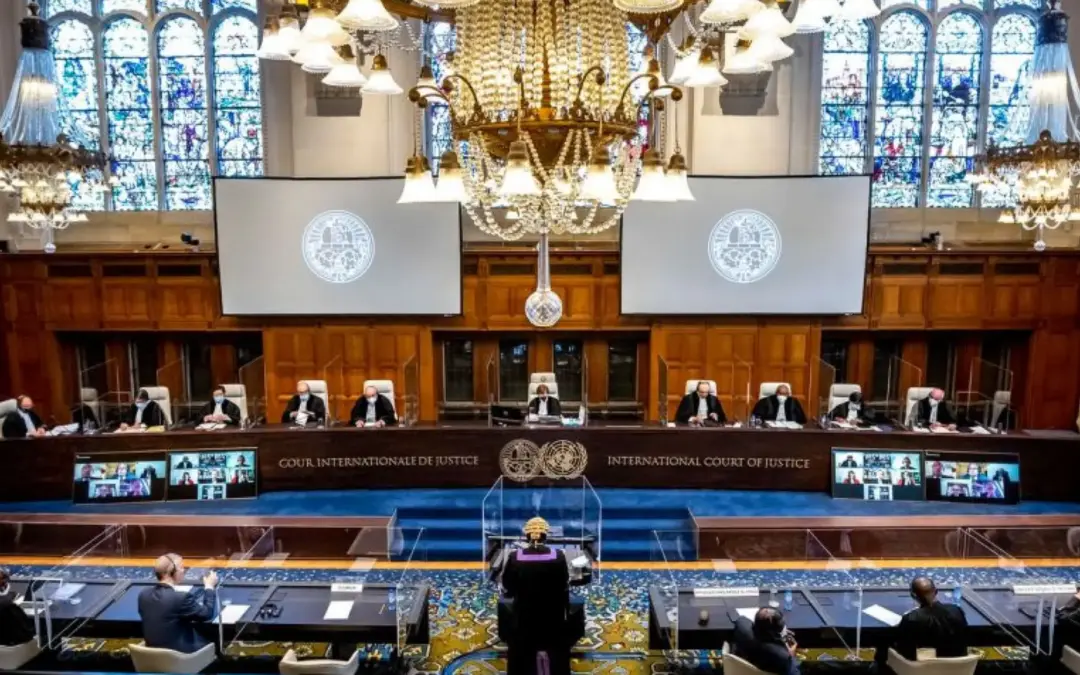The ‘global pact’ Paris Summit held in 2023 was a crucial event that aimed to address the pressing issues of climate change and create a framework for global cooperation in the face of the new world economy. The outcomes of this summit were significantly shaped by the intricate interplay of US politics, reflecting the nation’s evolving stance on climate change under different administrations.
This article explores the key ways in which US politics influenced the results of the Paris Summit and its implications for the new world economy.
Paris Agreement and the Obama Era
Under the Obama administration, the United States played a vital role in shaping the Paris Agreement in 2015. This historic accord aimed to limit global warming to well below 2 degrees Celsius above pre-industrial levels.
The US was a key driver in mobilizing international support for the agreement and committed to significant emissions reductions. This leadership helped set the stage for global cooperation on climate change and fostered optimism in the international community.
US Withdrawal under the Trump Administration
In a dramatic shift, the subsequent Trump administration announced its intention to withdraw from the Paris Agreement, asserting that it undermined US economic interests. This move sent shockwaves throughout the international community, as the US was the world’s second-largest emitter of greenhouse gases.
The withdrawal decision underscored the potential influence of domestic politics on global climate action and raised concerns about the commitment of the world’s largest economies to tackle the climate crisis.
Renewed Commitment under the Biden Administration
The election of President Joe Biden in 2020 marked a significant turning point for US climate policy. Restoring US leadership on climate change, the Biden administration rejoined the Paris Agreement just hours after taking office.
The renewed commitment was accompanied by ambitious domestic climate goals and a renewed focus on international cooperation. The US pledge to achieve net-zero emissions by 2050 and substantial reductions by 2030 breathed new life into global efforts to combat climate change.
Impact on Global Cooperation
The fluctuations in US politics surrounding the Paris Agreement had far-reaching implications for global cooperation on climate change in the new world economy. The initial US withdrawal under the Trump administration created a temporary void in global climate leadership.
However, the return of the US as an active participant under the Biden administration renewed optimism and reinforced the importance of international collaboration in tackling climate challenges.
Shaping the New World Economy
The outcomes of the Paris Summit, influenced by US politics, will play a vital role in shaping the new world economy. The agreement’s goals, targets, and mechanisms will guide countries’ policies and strategies as they transition toward a low-carbon future.
The US, with its significant economic and technological influence, can drive innovation, investment, and market opportunities that accelerate the transition to a sustainable global economy. This presents new possibilities for economic growth, job creation, and improved resilience in the face of climate change.
Conclusion
US politics have played a critical role in shaping the outcomes of the ‘global pact’ Paris Summit and its implications for the new world economy. From initial leadership under the Obama administration to the subsequent withdrawal and subsequent recommitment under different administrations, the US has showcased the influence of domestic politics on global climate action.
As the world grapples with the challenges of the new world economy, the US’s renewed commitment offers a significant opportunity to galvanize global cooperation and drive the transition to a sustainable and resilient future.











